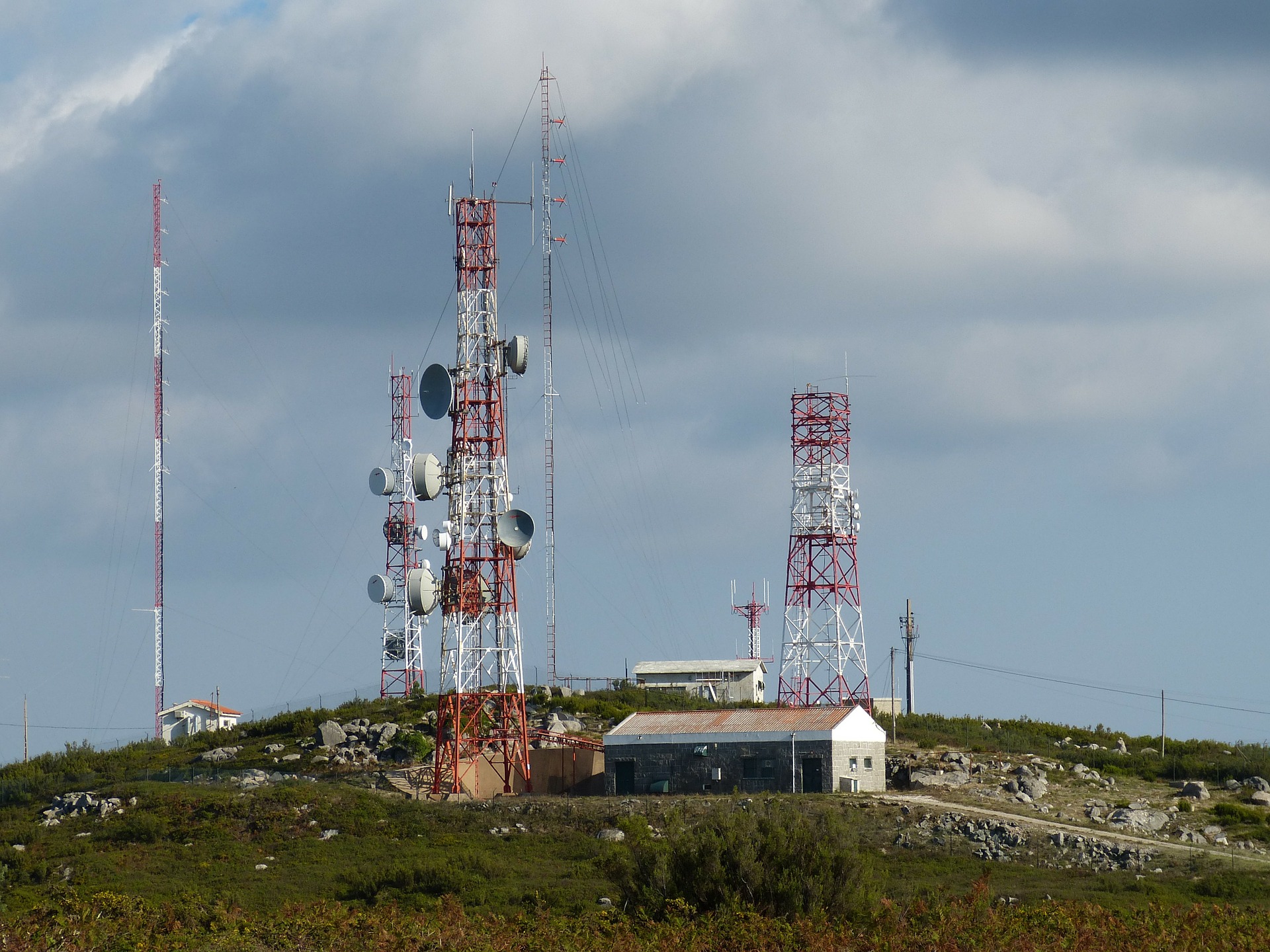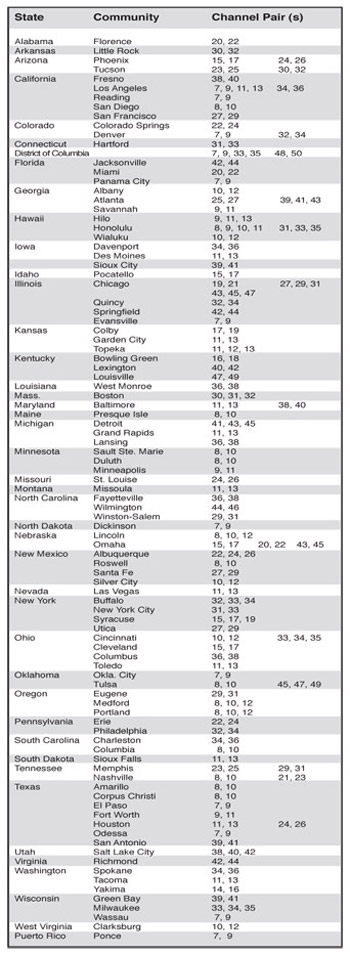Charles W. Rhodes
Latest articles by Charles W. Rhodes

Obstacles to DTV Reception
By Charles W. Rhodes published
You'd be amazed at what stands in the way between the viewer and the broadcast signal

How Unlicensed Devices Could Affect Your Future
By Charles W. Rhodes published
By the time you read this, the FCC is expected to propose a set of rules by which unlicensed devices will be allowed to share TV Channels 2–51.

Double Trouble Comes From Undesired Signals
By Charles W. Rhodes published
Two more reports of laboratory testing of DTV receivers have recently been made public and the news does not portend well.

Interference by Tuner Overloading Feared Worse
By Charles W. Rhodes published
The FCC Laboratory report on the interference rejection capabilities of modern DTV receivers dated March 31, brought to my attention the fact that many viewers live in relatively weak signal areas.

Compression and Cross-Modulation
By Charles W. Rhodes published
This column has been dealing with DTV-DTV interference and has almost completed this discussion.

Farewell to the Great CRT
By Charles W. Rhodes published
I replaced my 27-inch CRT receiver with a 42-inch plasma panel HDTV display more than a year ago, and I've never regretted doing so.

Poised at the Great Analog/DTV Divide
By Charles W. Rhodes published
While many broadcasters may wish that DTV was not about to replace analog terrestrial broadcasting, that is unrealistic. Broadcast spectrum is going to be reduced dramatically and soon.

DTS Could Create DTV Reception Problems
By Charles W. Rhodes published
My concern is the interference such signals may cause to reception near the secondary transmitters

Testing for DTV Interference
By Charles W. Rhodes published
Any active device, amplifier or mixer will generate second order distortion products given that the input signal voltage overloads the active device.

Interference From Television Band Devices
By Charles W. Rhodes published
The FCC has defined how close to, but outside of the predicted noise-limited perimeter of a station, a DTVB can be operated on the same channel as a DTV station in that community.

The End of Analog Allotments
By Charles W. Rhodes published
This is the first allotment table having no analog TV channel allotments; it is our future broadcasting universe.

White Spaces: Myth or Reality?
By Charles W. Rhodes published
In this market, all vacant channels in the high VHF and UHF bands are also adjacent channels to one or two broadcast channels. So are adjacent channels really suitable for sharing?

More Interference Due To Signal of Triplets
By Charles W. Rhodes published
Had the FCC been able to anticipate this problem of receiver-generated IM3 (noise) in ���vacant channels,” perhaps it could have established minimum performance standards for consumer DTV receivers.

Troubles With Triplets Foreseen
By Charles W. Rhodes published
Last month, this column covered DTV-DTV interference from one and two undesired signals. In this issue, we will address the matter of triplets of undesired DTV signals.
Get the TV Tech Newsletter
The professional video industry's #1 source for news, trends and product and tech information. Sign up below.

